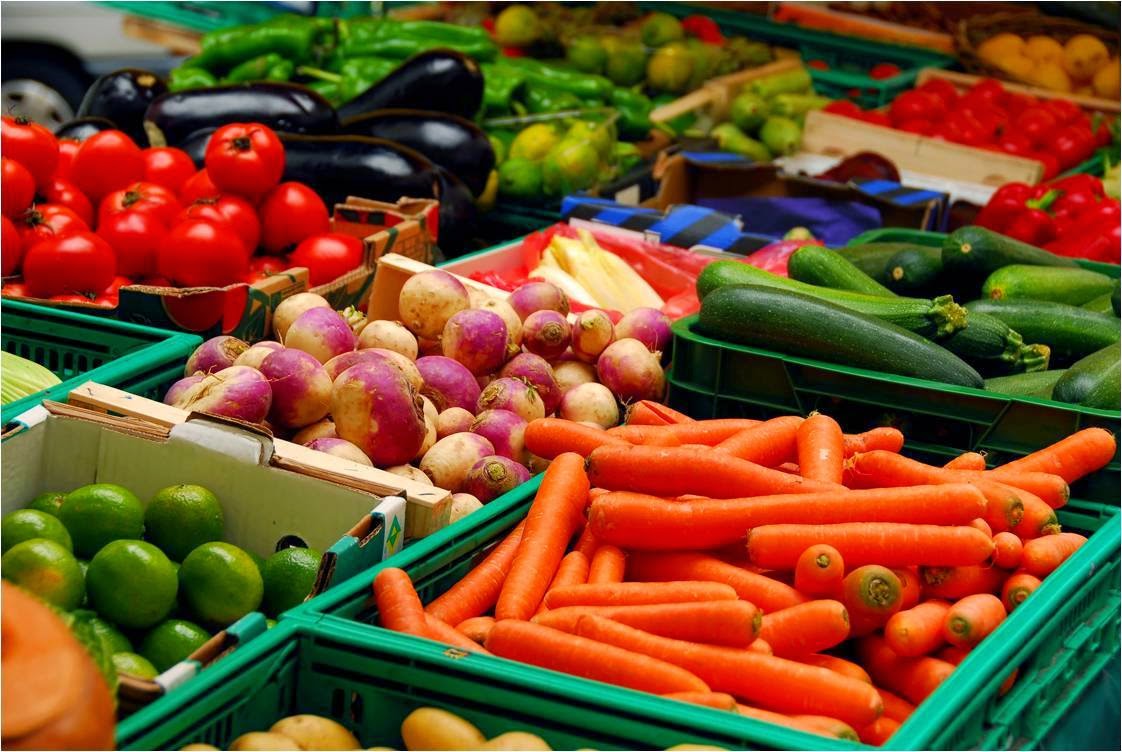Find Out How You Can Avoid the Deficiencies of Vegetarianism
I once tried (feebly) to become a vegetarian. It lasted about a week, then I gave up. I only eat chicken and fish to begin with, so it shouldn’t have been hard, but I didn’t do my research and I ended up eating a lot of bread and pasta. As much as I suddenly thought meat was a bad choice, carb-loading for the rest of my life was probably worse.Years later, I have not made another attempt at vegetarianism. I’ve actually been ordered by my doctor to start eating red meat and supplementing with substantial quantities of iron—after learning I was severely anemic. Despite not currently being able to become vegetarian, I’m still curious about the correct way to go about it. I spoke to Andrea D’Ambrosio, a registered dietitian and owner of Dietetic Directions, to find out some of the deficiencies new vegetarians need to look out for and how they can prevent them.
What nutrients are vegetarians missing out on?
“A well-planned vegetarian eating pattern can meet your nutrient needs without deficiencies,” says D’Ambrosio. The nutritional considerations will be different for each person depending on the level of restriction they are planning to adopt: vegans will be more restricted than vegetarians, and vegetarians more restricted than pescetarians (those who eat fish). Vegetarians—and all healthy adults—need to make sure they’re getting enough dietary iron, vitamin B12, calcium, omega-3s and zinc.Should vegetarians be using supplements?
Although it is possible to maintain healthy nutrient levels on a vegetarian diet, supplements can be useful to replace the key vitamins and minerals that can sometimes be lacking. “Vegetarians have almost double the iron requirements of a non-vegetarian since iron in plant food is less readily absorbed,” says D’Ambrosio. For example, a 30-year-old vegetarian woman requires 32 milligrams of daily iron rather than the standard 18 milligrams.In addition, vegetarians (and vegans) are at a higher risk for a vitamin B12 deficiency because B12 is found only in animal products and fortified foods. Women over the age of 19 should have about 2.4 micrograms of vitamin B12 daily.
What foods should vegetarians add to their diets to replace the nutrients found in meat?
“I recommend my vegetarian clients include soy products like tofu, edamame or fortified soy beverages,” says D’Ambrosio. Vegetarians can also add textured vegetable protein, dried beans, peas, lentils, and nuts and seeds (like hemp, flax, sunflower and pumpkin seeds). High-quality whole grains are also an important part of a healthy diet for vegetarians and meat-eaters alike.Is there any reason a person might not be able to adopt a vegetarian lifestyle?
As long as the diet is well-planned, just about anyone can be happily and healthily vegetarian. Pregnant women should look for a multivitamin containing vitamin B12, iron and folic acid. Adults over 50 years of age require more calcium, vitamin D and vitamin B12 from either a supplement or fortified food. “A well-planned vegetarian or vegan diet is healthy for pregnant and breastfeeding women, babies, children, teens and seniors,” says D’Ambrosia. Just be sure you’re ready to make the change.(collected)















No comments:
Post a Comment